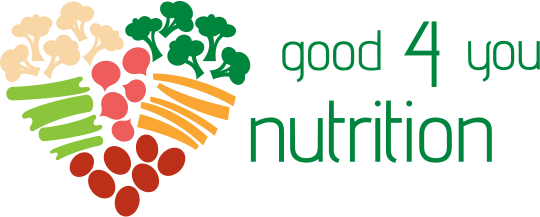Healthy Hormones – Women, Men and Adolescents
Posted on March 15th, 2017
For some reason it is always assumed that women are the only ones who experience hormone fluctuations which is referred to as PMS, a recurring range of emotional and physical symptoms that are experienced during the luteal phase (days 15-28) of the menstruation cycle. During this stage of the menstrual cycle, oestrogen and progesterone levels are fluctuating triggering biological responses that result in PMS.
Men also experience fluctuations in hormones which can result in symptoms such as; unexplained mood swings, low self-esteem, aggression and depression, however it is often assumed that this is caused by other factors that are not hormone related.
Adolescents also experience these symptoms and this can start anywhere between the ages of 8 and 14, but because they are still considered as young children, again these symptoms can be overseen as just being naughty or misbehaved.
What can cause hormone imbalances?
There are several factors that can influence hormones including:
- Stress
- Smoking
- Overweight
- Excessive alcohol consumption
- Carbohydrate intolerance
- Excessive exercise
- Nutritional deficiencies
- Environmental factors
- Abnormal neurotransmitter response to ovarian signalling
- Hypogonadism
- Disordered aldosterone function
- Endogenous opiates (narcotic drugs)
- Serotonin deficiency
- Abnormal hypothalamic-pituitary-adrenal (HPA) axis function
- Poor liver function
Signs and Symptoms
Some of the most common signs and symptoms that can be experienced by both women and men include:
- Anxiety and depression
- Irritability, mood swings and tension
- Acne
- Sugar cravings and appetite changes
- Fatigue and insomnia
- Hypoglycaemia
- Breast tenderness
- Trouble concentrating
- Weight gain and oedema of hands and feet
- Bloating, constipation or diarrhoea
- Upset stomach
- Joint or muscle pain and muscle weakness
- Hair loss
- Decrease in bone mass
- Infertility
Balancing hormones can be difficult and hard to fix due to our current lifestyle choices, however there are 5 basic things that you can do to minimise your risk of imbalances. These alone may not be enough for everyone but these are a great start!
- Meat/Protein Consumption – consuming a lot of grain fed meats in particular (i.e. chicken, beef, pork, turkey, lamb), along with eggs and farmed fish can result in imbalances due to antibiotics, synthetic hormones, pesticides and other chemicals that they may contain, which mimic oestrogen. Choosing 100% grass fed meat and organic eggs may be a better choice for you.
- Cruciferous Vegetables – EAT LOTS. Vegies include; kale, silverbeet, broccoli, cauliflower, mustard greens, watercress and brussel sprouts etc. Loaded with indole-3-carbonyl which is great for binding with toxic xenoestrogens chemicals and eliminating them from the body. Best to lightly steam these vegies first to make them easier to digest (particularly if you have a thyroid condition or gastrointestinal condition). If you have trouble consuming these vegies you can benefit from eating mouthful of sprouts daily.
- Minimise Plastic – BPA in particular has been shown to contain xenoestrogenic chemicals, however all plastic to some extent can leak chemicals. Try using glass and stainless steel water bottles and cups and buy oils and foods in glass jars to reduce your plastic exposure. Always opt for BPA free is need be.
- Eliminate refined sugars, carbohydrates, saturated, trans and hydrogenated fats – these are generally found in processed foods and will cause havoc to our hormones if constantly consumed.
- Cut back on caffeine and alcohol – enjoy 1 cup of coffee daily and drink alcohol in moderation if you suffer from imbalances.
If you do feel like you are suffering from hormonal imbalances it is always best to consult with a Qualified Health Practitioner who can provide additional advice and support you through the process.
